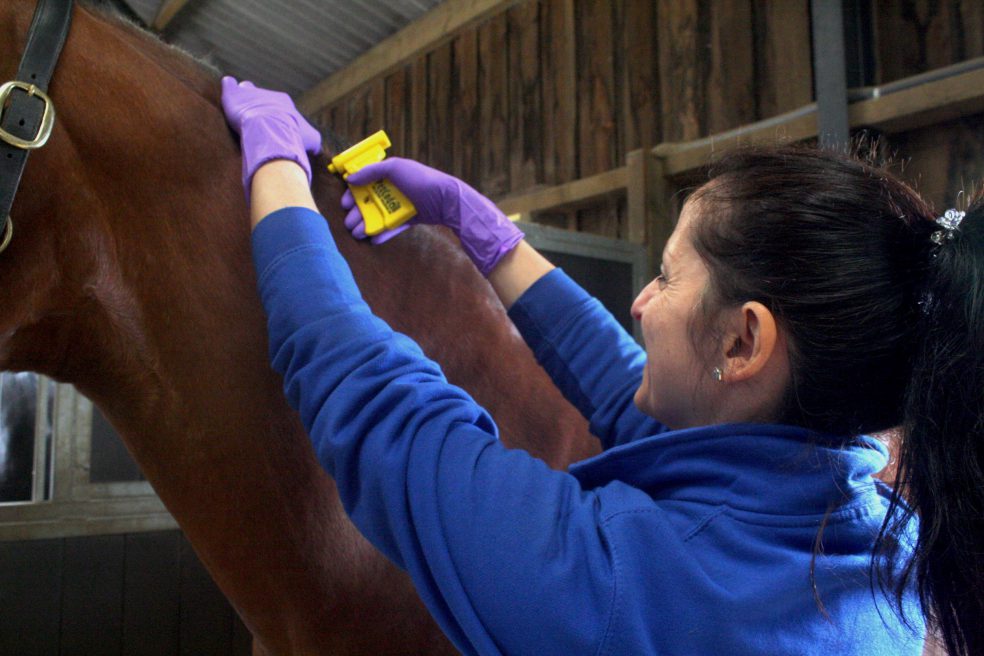Microchipping
Microchipping has been law in England since 1st October 2020. It is mandatory for all equines (horses, ponies and donkeys) to be microchipped, regardless of whether they were born before that date.
All horses should be registered with their microchips in the Central Equine Database, the aim of which is to allow local authorities and the police to trace the owners of lost / stolen or abandoned horses, donkeys and ponies, helping to improve animal welfare standards, while also helping to reduce horse theft.
In 2019, the RSPCA received more than 21,000 reports to its cruelty hotline and took 875 horses into care. Around 70% of these were not microchipped, making it difficult for the organisation to trace owners and to hold anyone responsible.
Passports
Under current legislation, all horses must be microchipped and have a passport; this applies to foals within six months of birth or before 30 November of the year in which they were born, whichever date occurs later.
For all new or replacement passports, a vet is required to draw and write a description of the horse and either read the existing microchip or implant a new one. If the equine is to be registered with a particular breed or discipline society, the correct forms must be supplied to us at the time of examining the animal, together with instructions as DNA may be required, usually in the form of plucked tail hair.
Passports are used for identification and horses cannot be legally bought or sold without one.
In law passports also contain a declaration that must be completed by each owner, to state whether the horse is or is not intended for human consumption. The use of certain medicines, including bute, in food producing animals is prohibited. If your horse is not ‘signed out’ of the human food chain, we are restricted in our use of certain medicines to treat your horse. The majority of horse owners wish to sign the section that states that the horse ‘is not intended for human consumption’, removing these concerns. Any replacement passports issued are stamped as ‘replacement’ and are automatically signed out of the food chain.

